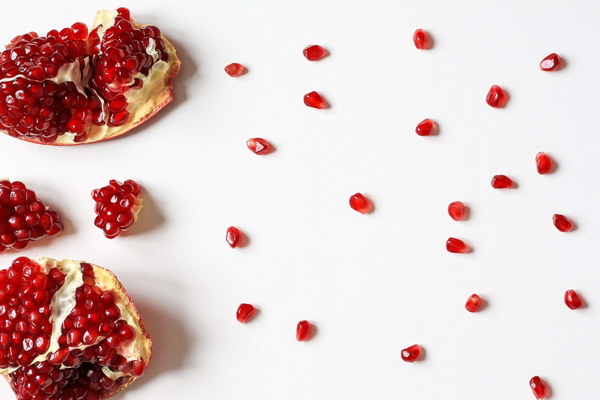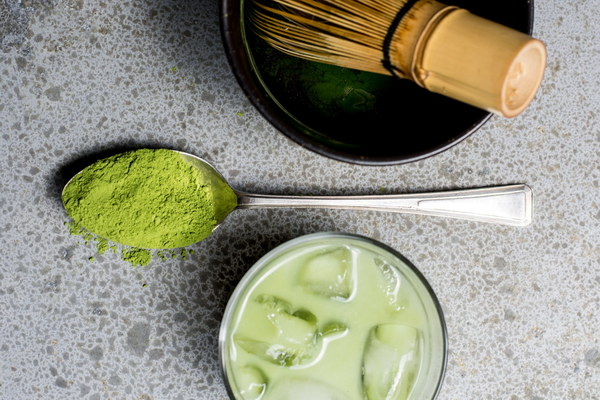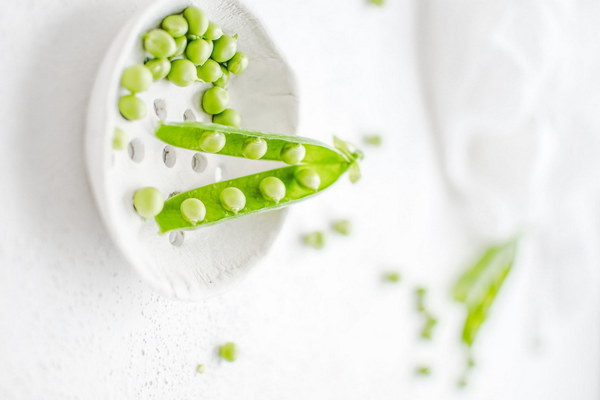Revolutionizing Hair Care Exploring the Art of Head Therapy in Nanjing, China
In the heart of ancient Nanjing, a fusion of traditional Chinese medicine and modern wellness practices has given rise to an innovative hair care treatment known as Head Therapy. This unique method, which has been gaining popularity in recent years, combines the therapeutic benefits of acupuncture, massage, and herbal remedies to restore and revitalize the hair and scalp. Let's delve into the world of Head Therapy in Nanjing and understand why it's becoming a go-to solution for those seeking healthier hair.
The Concept of Head Therapy
Head Therapy is rooted in the belief that the health of the scalp is directly connected to the overall well-being of the body. By targeting specific points on the scalp with acupuncture needles and massaging the area, practitioners aim to improve blood circulation, stimulate hair follicles, and alleviate stress—a common trigger for hair loss and thinning.
The Science Behind Head Therapy
The science behind Head Therapy is quite fascinating. Acupuncture, a key component of this treatment, works by stimulating the body's natural painkillers and releasing endorphins, which can reduce stress and promote relaxation. Additionally, the needles used in acupuncture are inserted into specific acupoints that are believed to be linked to hair growth and scalp health.

The massage component of Head Therapy is equally important. It helps to increase blood flow to the scalp, which can improve nutrient delivery to hair follicles. This enhanced circulation can lead to stronger, healthier hair growth. Furthermore, the pressure applied during the massage can help to release tension in the scalp, which is often a contributing factor to hair loss.
The Process of Head Therapy
A typical Head Therapy session in Nanjing begins with a consultation to understand the client's specific hair concerns. The practitioner then proceeds with the following steps:
1. Acupuncture: Fine needles are inserted into strategic points on the scalp, which are believed to influence hair growth and scalp health.
2. Herbal Treatment: Herbs and essential oils are applied to the scalp to nourish the hair and enhance the effects of the acupuncture.
3. Massage: A therapeutic massage is performed to relax the scalp and further improve blood circulation.
4. Customized Treatment: Depending on the client's needs, additional treatments such as steam therapy or herbal compresses may be included.
The Benefits of Head Therapy
Head Therapy offers a multitude of benefits, including:
- Hair Growth: Improved blood flow and nutrient delivery to hair follicles can lead to stronger, thicker hair.
- Stress Relief: The combination of acupuncture and massage can help reduce stress, which is a common cause of hair loss.
- Scalp Health: Regular sessions can improve scalp conditions such as dandruff and seborrheic dermatitis.
- Enhanced Sleep: The relaxation induced by the treatment can lead to better sleep quality, which is essential for overall health.
Finding a Head Therapy Practitioner in Nanjing
If you're interested in experiencing Head Therapy for yourself, Nanjing offers a variety of practitioners who specialize in this unique treatment. It's important to find a reputable professional with experience in both traditional Chinese medicine and hair care to ensure the best possible outcome.
Conclusion
Head Therapy in Nanjing, China, is a testament to the blend of ancient wisdom and modern techniques. This holistic approach to hair care offers a natural and effective solution for those looking to improve the health and appearance of their hair. By targeting the root causes of hair issues, Head Therapy promises to bring about long-lasting results and a sense of well-being. So, why not give it a try and let your hair thrive?









